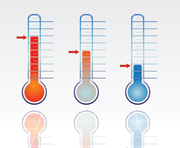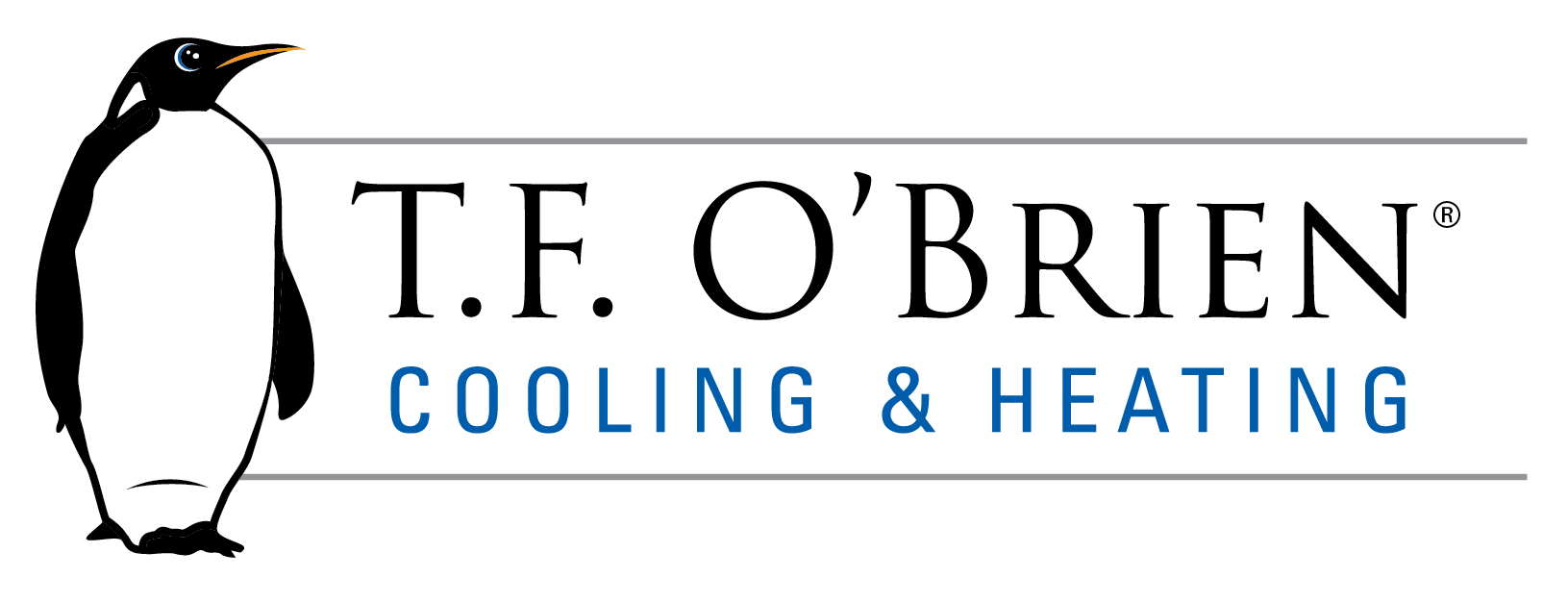 Home Energy Performance: Measuring Your Energy Needs
Home Energy Performance: Measuring Your Energy Needs
As weather fluctuates from day to day, it has a significant affect on how much energy your home consumes. Your electricity meter readings can help you understand the amount of energy you’re using, but can’t give you a good idea of your home’s performance because they don’t account for the changing weather. Learning to calculate heating and cooling degree days can make up for this.
What Are Degree Days?
To help you understand heating and cooling degree days, let’s take a look at the procedures for calculating cooling degree days, which you’ll use during summer.
The temperature variations that occur in a single day are measured against a base temperature. The base temperature can change daily, depending on several factors. Let’s say the base temperature is 80 ° Fahrenheit.
We’ll calculate the day’s average temperature by adding the day’s highest and lowest temperatures, then dividing the sum in half. Let’s say the average is 97 °.
Now we subtract the base from the average. 97 minus 80 is 17. We have 17 cooling degree days for this particular day.
How Can You Use the Information to Gauge Your Home’s Performance?
To assess your home’s efficiency, first examine your last cooling bill and find the readings from your electric meter. Now, calculate the number of cooling degree days for each day in that time frame. For help finding base temperatures, go to the Degree Days website.
Tracking your meter readings and cooling degree days for several months can help you understand how much energy your home is actually using relative to the changing weather. Even if the degree days remain relatively stable from month to month, there are changes you can make around your home to help lower your meter readings:
- Raising the settings on your thermostat
- Using ceiling fans to keep cool energy circulating
- Sealing your attic, and adding insulation if necessary
- Sealing your ductwork
- Upgrading to high-efficiency heating and cooling equipment
For more information on how you can save energy by upgrading your heating and cooling equipment and reducing energy use, call T. F. O’Brien.
For more information about energy efficiency and other HVAC topics, download our free Home Comfort Resource guide.
T.F. O’Brien services the Long Island, New York area. Visit our website to see our special offers to get started today!
